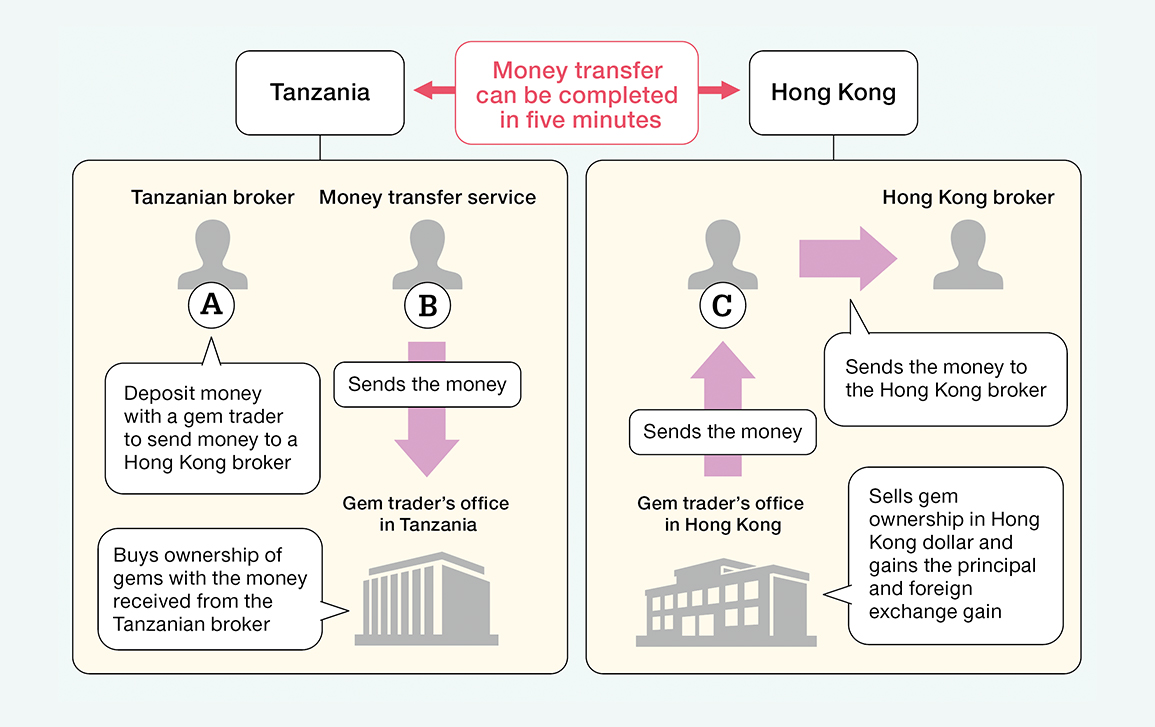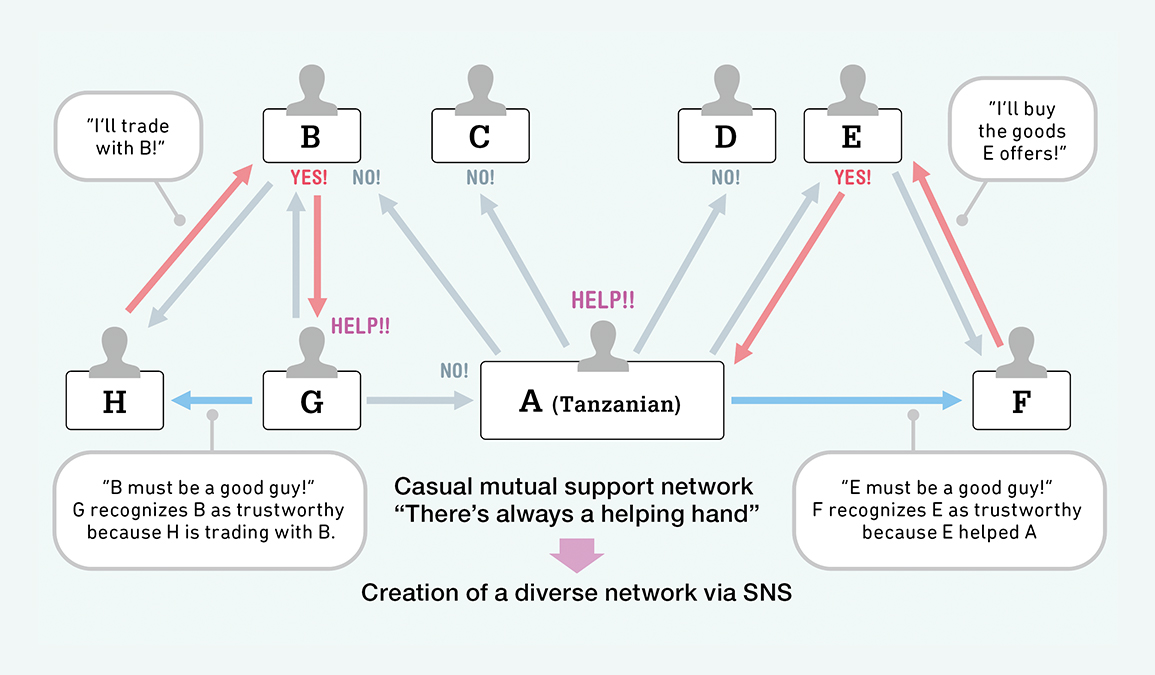Helping others may lead to new business
Tanzanians do not hesitate to help other people, even total strangers, nor do they care about the reason why that person is in trouble or whether there is daily exchange of support with that person. All they need to know to give a helping hand is that the person in front of them needs help at that moment. If a stranger asks them for directions and it’s in the same direction as the way they were going, they’ll take that person to where he/she wants to go. If someone needs a place to stay and they have an extra bed at home, they’ll let that stranger sleep in that bed. They’ll raise funds to send home the body of a total stranger who died away from home, arbitrate a conflict, and support a friend who has been imprisoned in jail.
As a result, those staying in Hong Kong on a long-term basis will end up spending significant time and money to help solve various problems that arise around them. If their good deeds were done in expectation of some kind of a return based on the logic of “reciprocity,” it doesn’t make sense to help people who rarely come to Hong Kong. Why do Tanzanians help people from whom they cannot expect any return?
I think there are multiple reasons. First is because their common business platform TRUST is based on social activities. An appreciative comment on the SNS, noting how helpful a specific person was, would give the impression that the person mentioned must be trustworthy as he/she can afford to be kind to others. This means that being kind may lead to new business. When a platform is built that effectively serves to link self- interest (economic gain) and altruistic behavior, the helper who did something kind can expect better prospects for new business, and the person who received help can contribute to improving the helper’s business opportunity, even if he/ she couldn’t pay back in tangible ways. Thus members of the user community reasonably come to believe that a virtuous cycle will come into play.
 Figure 2: An underground bank is a mechanism which enables money transfer to another country without involving a real bank.
Figure 2: An underground bank is a mechanism which enables money transfer to another country without involving a real bank.
 Figure 3: A sharing economy that won’t make users feel overly indebted is realized through SNS
Figure 3: A sharing economy that won’t make users feel overly indebted is realized through SNS
The second reason to explain why Tanzanians are such casual helpers is because they don’t go out of their way to help others. They only help when they can afford to. An easygoing relationship that won’t make anyone feel indebted seems to be the key to maintain this system. They say, “when you call for help on the network, there’s always someone, at least one person, who can help at that moment.” However, there’s no assurance that a certain friend would be available at any moment. So, the best way to increase the likelihood of obtaining help is to make many friends, preferably diverse friends with differing backgrounds and attributes. “When you’re caught in a con game, the best person to get information from is a con man. You see, it’s not the number of friends you have that’s important, but how many different types of friends you have,” they say. They have a whole variety of names registered on their phonebook and SNS account, from high-ranking government officials and presidents of large companies to con men, pimps and prisoners.




